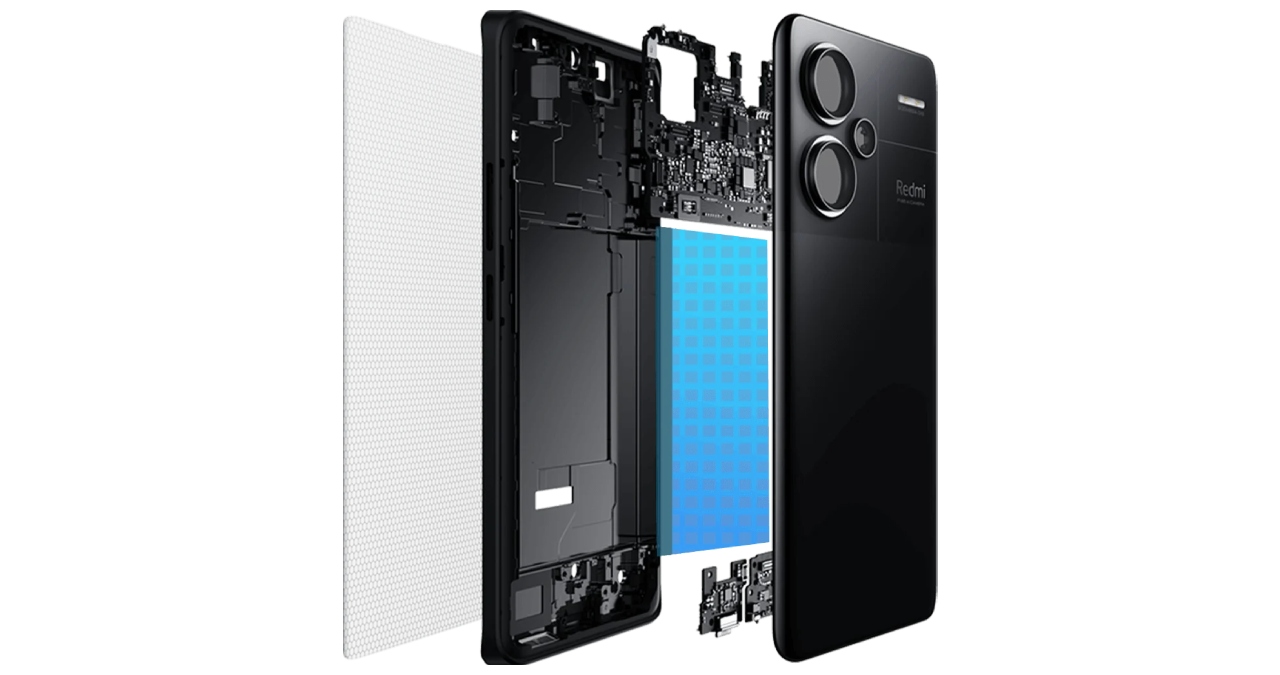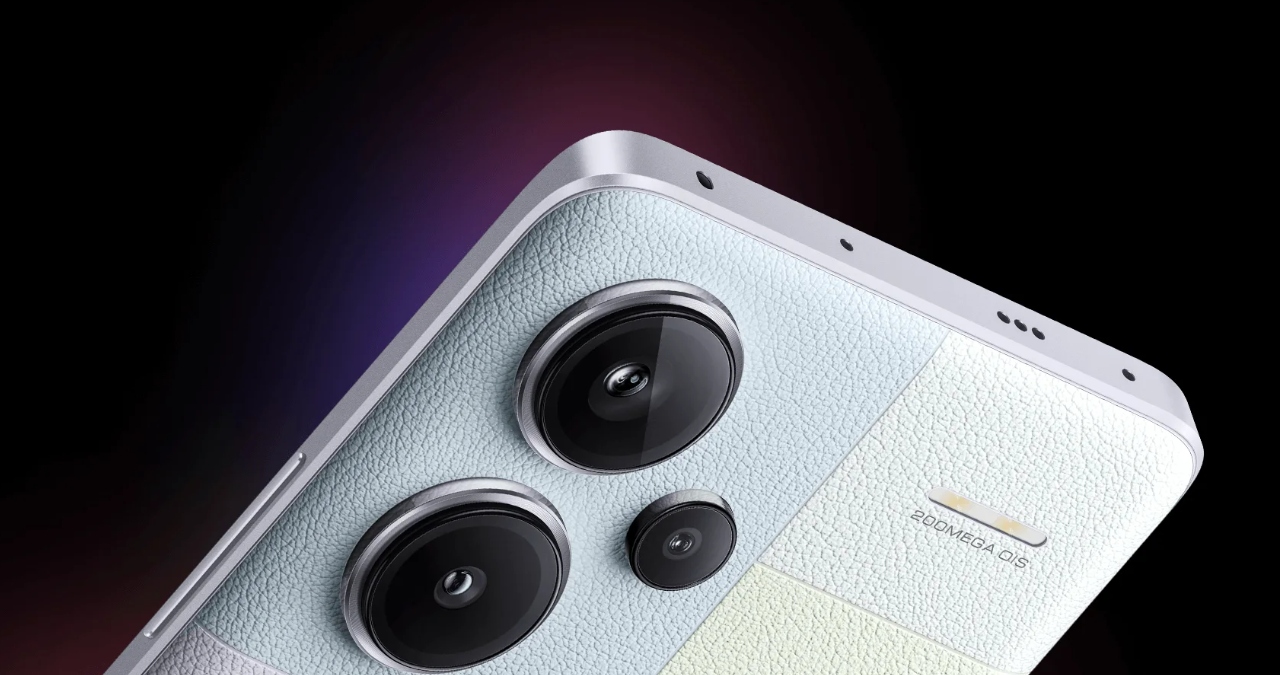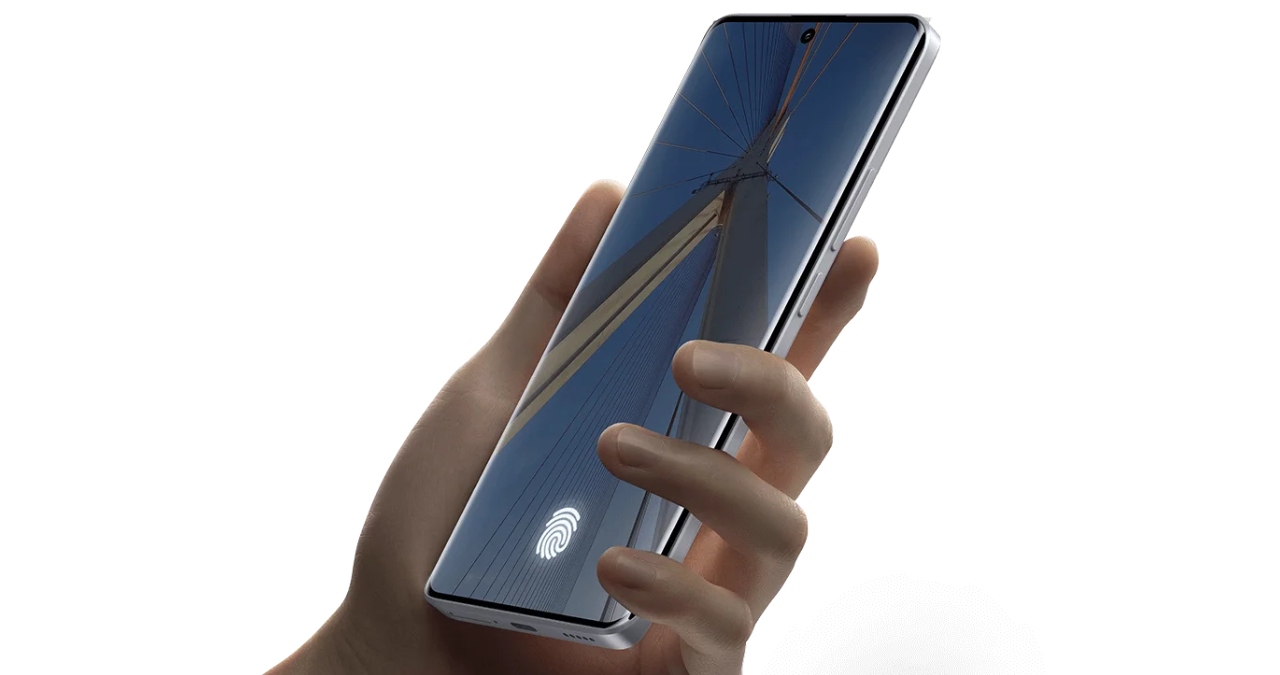
Redmi launched its new Redmi Note 13 series in India this week. The top-of-the-line Redmi Note 13 Pro+ brings significant upgrades compared to its predecessor, especially in terms of how the device looks. Here’s a specification and feature-based comparison between the new Redmi Note 13 Pro+ and the Redmi Note 12 Pro+.
Table of Contents
Redmi Note 13 Pro+ vs Redmi Note 12 Pro+: specs
| Redmi Note 13 Pro+ | Redmi Note 12 Pro+ | |
| Display | 6.67-inch curved,120Hz refresh rate, 2712x1220p, 1,800-nits peak brightness, 1,920Hz PWM, In-display fingerprint sensor | 6.67-inch, 120Hz refresh rate |
| Processor | MediaTek Dimensity 7200-Ultra (4nm) | MediaTek Dimensity 1080 (6nm) |
| RAM and storage | LPDDR5, UFS 3.1 | LPDDR4X, UFS 2.2 |
| Primary camera | 200MP ISOCELL HP3 main+8MP ultrawide+2MP macro | 200MP ISOCELL HPX main+8MP ultrawide+2MP macro |
| Front camera | 16MP | 16MP |
| Battery | 5,000mAh | 4,980mAh |
| Charging | 120W | 120W |
| Connectivity and more | NFC, 4,000mm² VC, Dual Stereo Speakers, IR blaster | 3,000mm² VC, Dual Stereo Speakers, IR blaster |
| Durability | Gorilla Glass Victus, IP68 | Gorilla Glass 5 |
| Dimensions | 161.4×74.2×8.9mm, 199g/204.5g | 162.9×76.03×8.9mm, 208.4g |
Redmi Note 13 Pro+ vs Redmi Note 12 Pro+: pricing
Redmi’s Note series phones have received a slight price bump this year. The Redmi Note 12 Pro+ started at Rs 29,999 for the 8GB/256GB and went up to Rs 32,999 for the 12/256GB variant.
The new Redmi Note 13 Pro+, on the other hand, starts at Rs 31,999 for the 8/256GB variant, Rs 33,999 for the 12/256GB variant and Rs 35,999 for the 12/512GB variant.
Redmi Note 13 Pro+ vs Redmi Note 12 Pro+: design, display and protection
Redmi Note 13 Pro+ has received a complete design revamp as Redmi focuses on catching up with Realme and Vivo. The Note 13 Pro+ features a unique colour-block design at the back and provides a ‘Fusion Purple’ vegan leather finish along with the standard matte glass back Black and White colour options. The phone measures as thin as 8.9mm for the glass version and weighs just 199g for the vegan leather variant.

A curved display with ultra-thin bezels on the front also complements this design choice. The Note 13 Pro+ is one of Redmi’s (and in fact, the segment’s) best display phones with a 6.67-inch 120Hz curved display. This is also the brand’s brightest display in the market, with a peak brightness of 1,800 nits.
The brand has provided Gorilla Glass Victus protection and an IP68 rating, a significant upgrade over Redmi Note 12 Pro+’s Gorilla Glass 5 protection. Further, there is 1,920Hz PWM dimming for better eye protection. Standards like Dolby Vision and Dolby Atmos (with dual stereo speakers) make the device an all-rounder for content consumption.
Redmi Note 13 Pro+ vs Redmi Note 12 Pro+: performance and battery
Redmi Note 13 Pro+ features MediaTek’s Dimensity 7200-Ultra chipset. This is the first time the Ultra version of this chip is coming to India. A 4nm fabrication process, over MediaTek Dimensity 1080’s 6nm one, should ensure better battery efficiency while providing more performance with the ever so slightly upgraded 5,000mAh battery. The vapour chamber size has also increased to 4,000mm² from 3,000mm².

The charging speed remains the same, with a massive 120W figure (with Xiaomi’s Surge P1 chip being an addition). The brand claims the phone can be charged from 0-100% in just 19 minutes. Like its predecessor, the Note 13 Pro+ has a fast charger and a protective in-box. Further, the Note 13 Pro+ also comes with upgraded LPDDR5X RAM and UFS 3.1 ROM modules.
Redmi Note 13 Pro+ vs Redmi Note 12 Pro+: camera
While the Redmi Note 12 Pro+ opted for a modest 200MP ISOCELL HPX sensor from Samsung, the Note 13 Pro+ provides a noticeable upgrade with a “real” 200MP ISOCELL HP3 sensor. Up to 4X in-sensor zoom is a major improvement and somewhat compensates for the lack of a telephoto. There is OIS in the main camera, and the ultrawide and macro lens remain the same at 8MP and 5MP, respectively.

For selfies, the 16MP camera remains the same, too, with the ability to record videos at 1080P resolution and 60FPS frame rate. The Dimensity 7200-Ultra comes with Imagiq 765 ISP, which should ensure an upgrade in the way images are processed at a software level. For video recording from the primary camera, the phone still caps out at 4K/30FPS.
Redmi Note 13 Pro+ vs Redmi Note 12 Pro+: connectivity and more
Redmi has finally listened to enthusiasts and has brought NFC functionality to the Redmi Note 13 Pro+ in India. Using NFC, you can tap-and-pay at a store with your cards stored in a third-party app like Gpay, Paytm, iMobile Pay and more. The in-display fingerprint sensor is making a comeback after more than three years in a Redmi device that’s launching in India with the Redmi Note 13 Pro+.

While there is a slight increase in the price, Xiaomi has left no stone unturned and upgraded the device in almost every aspect (albeit missing out on things like the selfie camera). The device still, however, comes with Android 13 out of the box. This could change soon as Xiaomi is promising that a HyperOS update is “ready” and will roll out soon. The brand has also committed to tuning the camera experience with an OTA in the future.

















